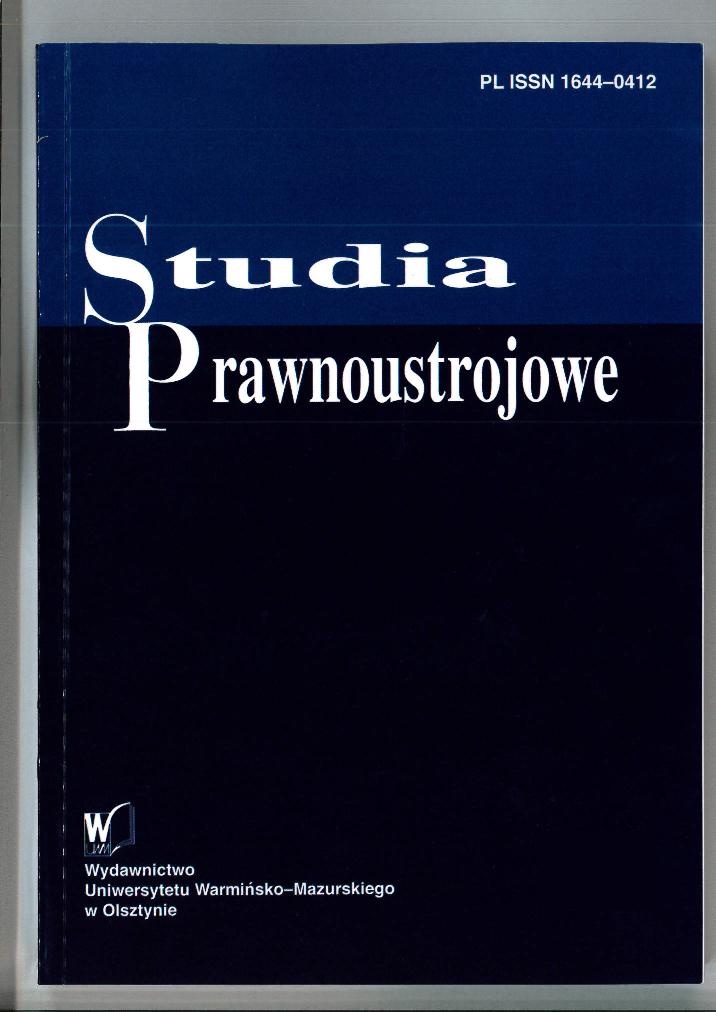Kontrola nabywania akcji w spółkach z siedzibą w Unii Europejskiej przez podmioty z Federacji Rosyjskiej a sankcje gospodarcze
Control of the acquisition of shares in companies based in the EU by entities from the Russian Federation versus economic sanctions
Author(s): Filip WyszyńskiSubject(s): Law on Economics, Sociology of Law, Commercial Law
Published by: Wydawnictwo Uniwersytetu Warmińsko-Mazurskiego w Olsztynie
Keywords: commercial law; acquisition control; FDI; economic sanctions; economic sectors; system coherence,
Summary/Abstract: The subject of the analysis is the problem of sectoral cohesion in protectionist mechanisms. In recent times, given the threats of war, the issue of control of capital flows and the hostility of capital involvement of actors from certain countries has become particularly relevant. The purpose of the article is to examine the consistency of control mechanisms at the sectoral level (sectors of the economy) – that is, the relationship between the investment control system and the system of economic sanctions. The thesis is that in the Polish legal order, there is no sectoral consistency in the context of control mechanisms and the system of sanctions on entities from the Russian Federation. The chosen control mechanism relates to the trading of company shares and comes from the Law on Control of Certain Investments. A similar legal act is in force at the EU level. The plane of EU law becomes the point of reference for national conceptual criteria, as the sanctions regime is in force precisely in the EU dimension. A necessary comparative point is also a part of Russian law, as a law from the sanctioned state. The analysis leads to the main conclusion that in Polish law there is no coherent system of sectoral separation of industries relevant to the functioning of the state, which would be internally consistent (in national law), as well as coherent with EU law, and which would consider the sectoral criteria in the sanctioned state, as only sectoral alignment allows effective restrictiveness of sanctions. A “bridging” concept seems to be the concept of “criticality”.
Journal: Studia Prawnoustrojowe
- Issue Year: 2024
- Issue No: 64
- Page Range: 379-394
- Page Count: 16
- Language: Polish

